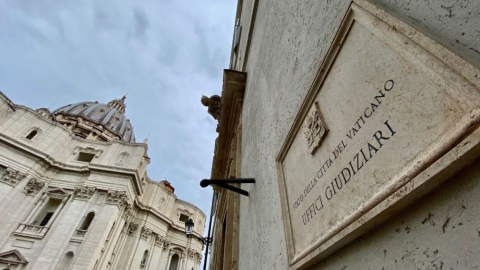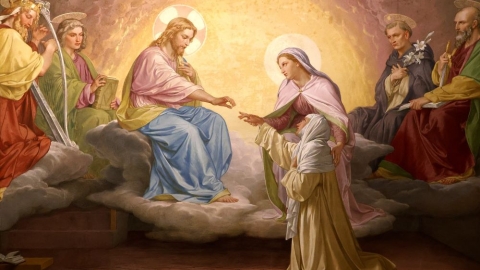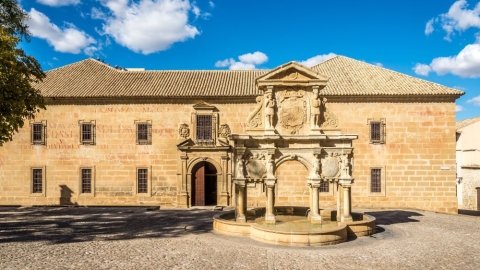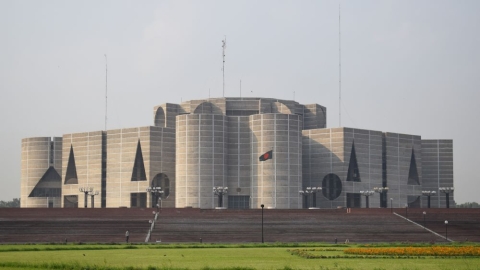Synodality Undermined by Orthodox Bishop During the Synod

Orthodox Metropolitan Job of Pisidia
Speaking at the Synod on Synodality on Monday, Orthodox Metropolitan Job of Pisidia said the definition of synodality in the synod being held in Rome “differs greatly” from the Eastern Orthodox understanding of it.
In his speech, Metropolitan Job of Pisidia referred to the first ecumenical council, the Council of Nicaea in 325, and cited the fourth century Apostolic Canons on the government and discipline of the early Church. On this basis, he declared that “a synod is a deliberative meeting of bishops, not a consultative clergy-laity assembly.”
“In light of this, we could say that the understanding of synodality in the Orthodox Church differs greatly from the definition of synodality given by your present assembly of the Synod of Bishops,” he added.
Metropolitan Job is the permanent representative of the Ecumenical Patriarchate to the World Council of Churches. He is participating in the Synod on Synodality as a “fraternal delegate.” Fraternal delegates are non-Catholic representatives of Christian churches. They participate in the synodal assembly without the right to vote.
According to the Orthodox representative, “A synod is a deliberative meeting of bishops, not a consultative clergy-laity assembly. There cannot be a synod without primate/protos, and there cannot be primate/protos without a synod. The primate/protos is part of the synod; he does not have superior authority to the synod, nor is he excluded from it. The concord/homonoia which is expressed through the synodal consensus reflects the Trinitarian mystery of the divine life.”
“It is through this practice of synodality. . . that the Orthodox Church has been administered over the centuries until the present day, although the frequency and constitution of the synods may vary from one local autocephalous Church to another,” he added.
Metropolitan Job then admitted that there have been “certain historical circumstances” in which the Orthodox Church has departed from this formula, including allowing for the participation of the laity in synodal decision-making, which he enumerated.
Another exception, he said, is the Church of Cyprus, where laity are involved in the first stage of the election of bishops. “Nevertheless, the Church of Cyprus constitutes an exceptional case in contemporary Orthodoxy, where, otherwise, the practice of synodality implies exclusively an assembly of bishops,” noting that during a synod of the Orthodox Church of Crete in 2016, the 62 advisers made up of clergy, monks, and laity did not have the right to speak or vote.
Related links
(Sources : CNA/InfoCatolica – FSSPX.Actualités)
Illustration : © orthodoxe.com





